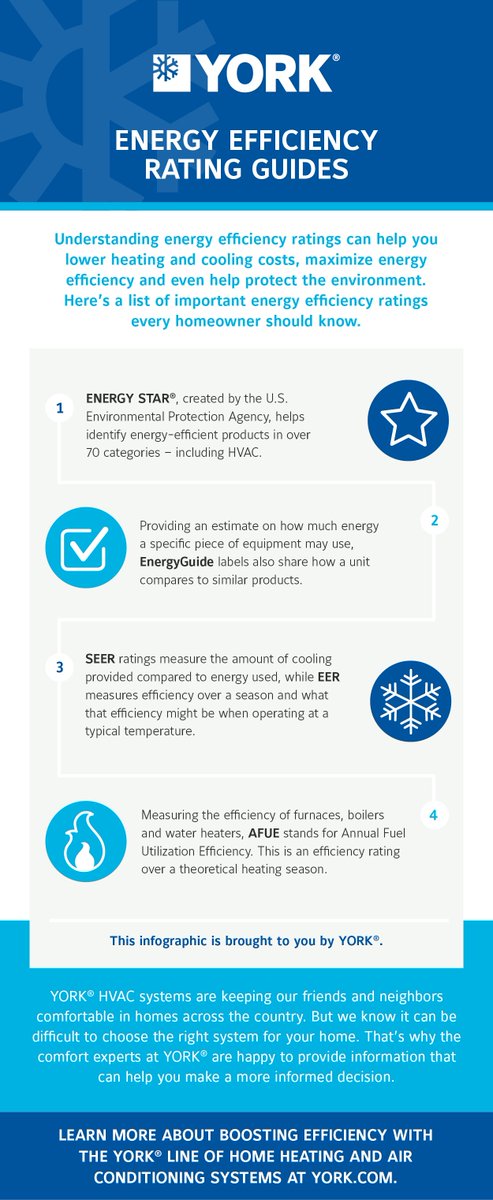Exactly How Climatic Aspects Influence Heat Pump Workflow And Practical Procedures To Address These Challenges
Exactly How Climatic Aspects Influence Heat Pump Workflow And Practical Procedures To Address These Challenges
Blog Article
Written By-Melendez Regan
When it concerns your heatpump, weather condition plays an important role in its performance. From freezing temperature levels to sweltering heat, each component can impact exactly how effectively your system runs. However what can you do to deal with these weather-related obstacles and guarantee your heat pump is working at its finest? Remain tuned to discover useful suggestions and methods to optimize your heatpump's performance, regardless of the weather conditions it faces.
Weather Variables Impacting Heatpump Efficiency
Weather elements have a substantial influence on the performance of heat pumps. One vital factor is temperature. Heatpump work by transferring heat from outdoors to inside throughout wintertime and vice versa in summertime. As temperatures decline, it comes to be harder for the heat pump to remove warmth from the outside air, lowering its effectiveness.
An additional crucial element is moisture. High moisture degrees can make it more tough for the heatpump to launch warm during the cooling process.
In addition, wind rate contributes. Solid winds can dissipate the warm taken in or launched by the heatpump, influencing its overall performance.
Tips for Optimizing Heatpump Performance
To improve the performance and durability of your heat pump, implementing a few crucial strategies can make a substantial distinction in its performance.
First of all, guarantee routine maintenance by cleansing or changing filters every 1-3 months to stop airflow obstructions and maximize air movement. Furthermore, schedule yearly specialist examinations to spot and deal with any type of possible problems early on.
Optimum thermostat setups also play an essential duty. During the winter season, aim for a temperature level setting that's as reduced as comfy, and during the summer, established it as high as comfortable to reduce the work on your heatpump. Making use of a programmable thermostat can help you automatically readjust setups based on your timetable.
Additionally, securing leakages in ductwork and insulating ducts in unconditioned spaces can prevent power loss and boost general system efficiency.
Finally, consider mounting https://www.washingtonpost.com/lifestyle/home/how-to-find-a-reliable-and-affordable-hvac-company/2020/01/06/df7f53aa-25a0-11ea-b2ca-2e72667c1741_story.html that can learn your routines and readjust setups as necessary, additional optimizing your heat pump's performance. By adhering to these ideas, you can ensure your heatpump operates successfully and properly throughout the year.
Best Practices for Weatherproofing Your Heatpump
For optimal efficiency and efficiency of your heat pump, implementing weatherproofing measures is important. Beginning by sealing any kind of voids or cracks around doors, windows, and ductwork to stop warm loss and keep a constant interior temperature level.
Insulate revealed pipes and air ducts to stop cold during cold weather and guarantee appropriate airflow. Consider installing a safety cover over the outdoor system to protect it from rough climate components like snow, ice, and debris.
Frequently clean the exterior system to eliminate dirt, leaves, and particles that can block air flow and lower performance. In addition, maintain the area around the heatpump free from snow, ice, and plants to enable proper ventilation.
Final thought
Now that you comprehend how climate influences your heatpump performance, you can take proactive actions to enhance its performance. By following https://www.nwahomepage.com/news/air-conditioner-maintenance-important-as-temperatures-climb/ described in this write-up, such as routine maintenance, thermostat modifications, and weatherproofing procedures, you can ensure that your heatpump runs at its finest regardless of the weather conditions. Keep successful and keep your home comfy throughout the year.
